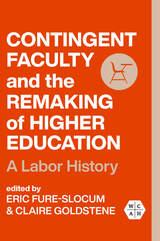9 start with L start with L
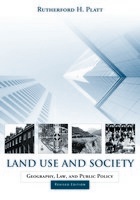
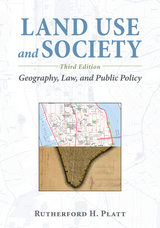
The intersection between geography and law is a critical yet often overlooked element of land-use decisions, with a widespread impact on how societies use the land, water, and biodiversity around them. Land Use and Society, Third Edition is a clear and compelling guide to the role of law in shaping patterns of land use and environmental management. Originally published in 1996 and revised in 2004, this third edition has been updated with data from the 2010 U.S. Census and revised with the input of academics and professors to address the changing issues in land use, policy, and law today.
Land Use and Society, Third Edition retains the historical approach of the original text while providing a more concise and topical survey of the evolution of urban land use regulation, from Europe in the Middle Ages through the present day United States. Rutherford Platt examines the “nuts and bolts” of land use decision-making in the present day and analyzes key players, including private landowners, local and national governments, and the courts. This third edition is enhanced by a discussion of the current trends and issues in land use, from urban renewal and demographic shifts in cities to the growing influence of local governance in land use management.
Land Use and Society, Third Edition is a vital resource for any student seeking to understand the intersection between law, politics, and the natural world. While Platt examines specific rules, doctrines, and practices from an American context, an understanding of the role of law in shaping land use decisions will prove vital for students, policymakers, and land use managers around the world.

The essays in this volume investigate themes related to the place of law in Byzantine ideology and society. Although the Byzantines had a formal legal system, deriving from Justinian’s codification, this does not solve the problem but rather poses important questions. Was this a society which was meant to be governed by law? For answers, one must look at the intent of the legislators (to address specific problems, or to order society according to an ideal pattern?); the attitudes toward the law; the relationship between law, religion, literature, and art. What were the spheres—political, economic, private—that the laws and the lawgivers sought to regulate? The concepts of law and justice are quite different from each other, and the relationship between them is investigated here.
Of importance also, in this medieval society, are the connections between law and religion. There is the problem of the provenance of the law—whether the Emperor or God himself is the source of law—and the broad implications of the answer. At another level, ecclesiastical law was very important for everyday life, and the question arises of how much knowledge people had of it and how profound was their knowledge. Both people’s perceptions and their practices were shaped by their views of human justice and divine justice: whether these coincided, and whether they were administered through the same means, for the intervention of saints or icons might be seen as an alternative to human justice. As for human justice, there are questions that involve both society’s view of it and the education, knowledge, and interests of those who administered it.
Such issues are present in all medieval societies; the case of Byzantium is of particular interest because of the interplay between formal law and the conceptualizations and practices—some quite divergent from the ostensible purpose of legislation—which affected the legislators, the practitioners, and all of society.

From birth certificates and marriage licenses to food safety regulations and speed limits, law shapes nearly every moment of our lives. Ubiquitous and ambivalent, the law is charged with both maintaining social order and protecting individual freedom. In this book, Cynthia L. Cates and Wayne V. McIntosh explore this ambivalence and document the complex relationship between the web of law and everyday life.
They consider the forms and functions of the law, charting the American legal structure and judicial process, and explaining key legal roles. They then detail how it influences the development of individual identity and human relationships at every stage of our life cycle, from conception to the grave. The authors also use the word "web" in its technological sense, providing a section at the end of each chapter that directs students to relevant and useful Internet sites.
Written for upper-level undergraduate and graduate students in law and society courses, Law and the Web of Society contains original research that also makes it useful to scholars. In daring to ask difficult questions such as "When does life begin?" and "Where does law begin?" this book will stimulate thought and debate even as it presents practical answers.
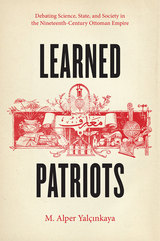
In Learned Patriots, M. Alper Yalçinkaya examines what it meant for nineteenth-century Ottoman elites themselves to have a debate about science. Yalçinkaya finds that for anxious nineteenth-century Ottoman politicians, intellectuals, and litterateurs, the chief question was not about the meaning, merits, or dangers of science. Rather, what mattered were the qualities of the new “men of science.” Would young, ambitious men with scientific education be loyal to the state? Were they “proper” members of the community? Science, Yalçinkaya shows, became a topic that could hardly be discussed without reference to identity and morality.
Approaching science in culture, Learned Patriots contributes to the growing literature on how science travels, representations and public perception of science, science and religion, and science and morality. Additionally, it will appeal to students of the intellectual history of the Middle East and Turkish politics.
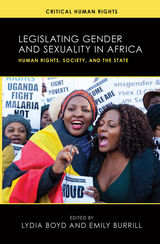
Legislating Gender and Sexuality in Africa details how legal efforts in the continent can often be moralizing enterprises, illuminating how these processes are closely tied to notions of ethics, personhood, and citizenship. The contributors provide new appraisals of recent events, with fresh arguments about the relationships between local and global fights for rights. This interdisciplinary approach will appeal to scholars in African studies, anthropology, history, and gender studies.
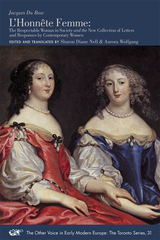
—Reverend John J. Conley, SJ
Knott Professor of Philosophy, Loyola University Maryland
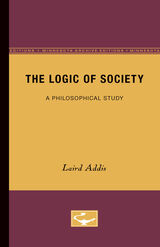
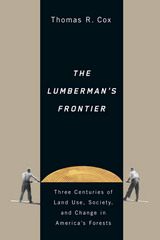
READERS
Browse our collection.
PUBLISHERS
See BiblioVault's publisher services.
STUDENT SERVICES
Files for college accessibility offices.
UChicago Accessibility Resources
home | accessibility | search | about | contact us
BiblioVault ® 2001 - 2024
The University of Chicago Press


